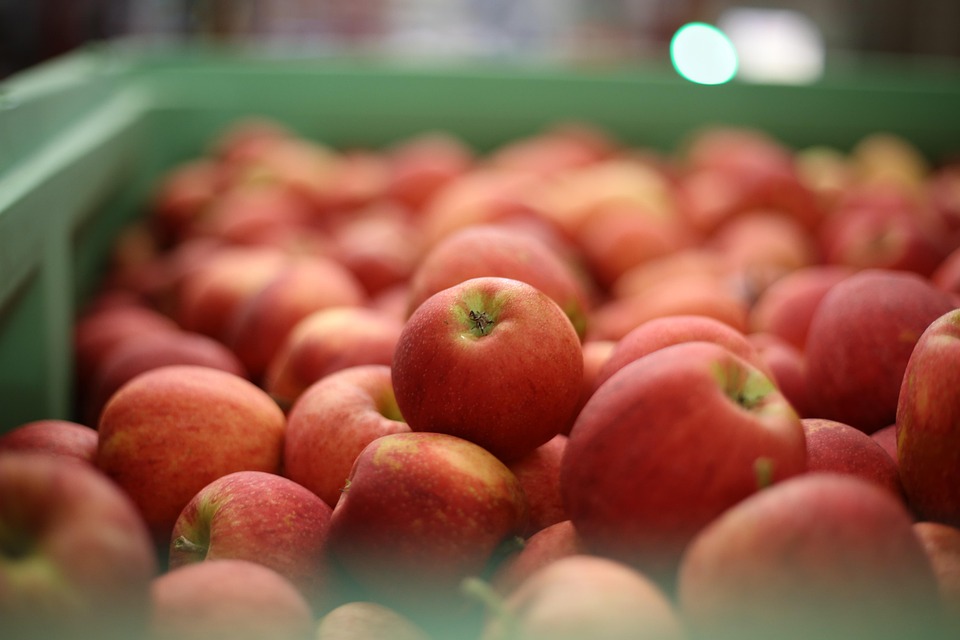Vegetarianism has gained popularity over the years as more people become conscious of their health, the environment, and animal welfare. However, despite its growing acceptance, numerous misconceptions about vegetarian diets persist. These myths can deter individuals from considering a plant-based lifestyle. In this article, we’ll explore some of the most common misconceptions about vegetarian diets and provide evidence to debunk them.
Myth 1: Vegetarians Don’t Get Enough Protein
One of the most prevalent myths about vegetarian diets is that they lack sufficient protein. Many believe that the absence of meat automatically equates to a protein deficiency. However, numerous plant-based sources are rich in protein. Foods such as lentils, chickpeas, quinoa, tofu, tempeh, nuts, and seeds are excellent protein sources. Moreover, studies show that vegetarians can meet and even exceed their protein needs through balanced diets.
Myth 2: Vegetarian Diets Are Automatically Healthier
While it’s true that a well-planned vegetarian diet can offer numerous health benefits, it doesn’t guarantee optimal health. Many processed vegetarian foods, such as veggie burgers, chips, and sugary snacks, can be high in calories, unhealthy fats, and sodium. Consequently, individuals can still consume a poor diet while being vegetarian. A balanced approach that emphasizes whole foods—fruits, vegetables, whole grains, nuts, and seeds—is essential for realizing the health benefits associated with vegetarianism.
Myth 3: You Can’t Get Enough Iron on a Vegetarian Diet
Iron intake is often cited as a concern for vegetarians, particularly due to the belief that plant-based sources aren’t as effective as meat-based ones. While it is true that plant-derived iron (non-heme iron) is less readily absorbed by the body than heme iron found in meat, vegetarians can still achieve adequate iron levels through careful dietary choices. Foods rich in non-heme iron, such as lentils, beans, tofu, nuts, seeds, and fortified cereals, can provide sufficient iron when consumed with vitamin C-rich foods, which enhance absorption.
Myth 4: Vegetarian Diets Are Expensive and Complicated
Another misconception is that vegetarian diets can be overly complicated and costly. In reality, a vegetarian diet can be affordable and simple, particularly when it focuses on staples like rice, beans, legumes, seasonal vegetables, and fruits. These foods are often less expensive than meat and can be cooked in a variety of easy-to-make recipes. Planning meals and shopping seasonally can significantly reduce grocery bills, making vegetarianism accessible for individuals from all economic backgrounds.
Myth 5: Vegetarianism Is a Strict and Boring Lifestyle
Some people assume that being vegetarian means giving up delicious foods and adhering to a restrictive diet. However, the variety of vegetarian cuisines worldwide proves otherwise. From vibrant Indian curries to Mediterranean dishes overflowing with vegetables, grains, and flavorful herbs, vegetarianism offers endless culinary possibilities. Experimenting with international recipes can actually broaden one’s palate and make meals exciting and enjoyable.
Myth 6: Vegetarians Lack Essential Nutrients
Nutritional completeness is another concern raised by those considering vegetarianism. Critics often cite nutrient deficiencies, particularly for vitamins B12 and D, omega-3 fatty acids, and zinc. While it’s true that some of these nutrients are more readily found in animal products, vegetarians can obtain them through fortified foods, supplements, and specific plant-based sources. For example, omega-3s can be found in chia seeds, flaxseeds, and walnuts, while B12 is available in fortified plant milks, nutritional yeast, and supplements.
Conclusion
Debunking these common misconceptions about vegetarian diets is crucial in promoting a better understanding of this dietary choice. A well-planned vegetarian diet can provide all the essential nutrients needed for optimal health and offer diverse culinary experiences. Individuals contemplating a vegetarian lifestyle should focus on whole, varied foods and consult a healthcare professional if they have specific dietary concerns. Ultimately, vegetarianism is not only a viable alternative to meat-based diets but also a path towards a healthier, more mindful lifestyle.


